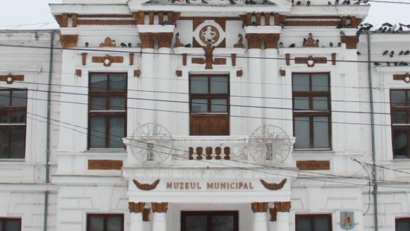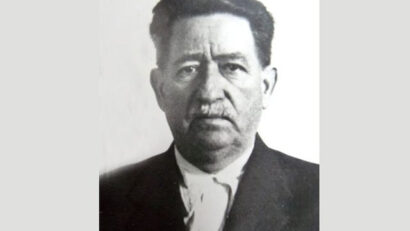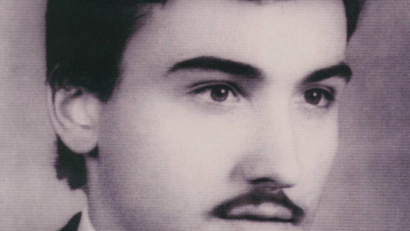
120 km away from Bucharest we have the city of Calarasi, the seat of the eponymous county

The massacres of WWll ended in 1945 and in the summer of 1946 a peace conference kicked off in the capital of France, which lasted until October

Teacher Ion Mihalache, a major Romanian politician before 1945, represented the peasant middle class. He was a man of integrity, defender of...

Mugur Călinescu's name will forever remain in the history of heroism as a man's struggle with a cruel, much stronger enemy but which did...

The Union of Romanian Principalities on January the 24th

Ecaterina Tedoroiu and Smaranda Brăescu continued to serve as role-models long after their death

The Romanian Revolution of December 1989 will always be the most important event in Romania's history in the second half of the 20th century.

At the end of WWI, the world was in search mode. It was searching for peace, for a better world, but at the same time searching for a way to restore...

One of the great reformers of Transylvania in the 18th century was Baron Samuel von Brukenthal.

Eugenics, race and reshaping Central and Eastern Europe in post-World War One Era

Europe was in the post-Napoleon era, the Holy Alliance formed by Russia, Austria and Prussia had set up a new order on the continent

The Romanian Principalities found the path to modernization in the first half of the 19th century

Communist -era items exhibited in Bucharest

One of the centennials celebrated this year was that of the birth of King Michel I

Radio Day celebrates birthday of Romanian public service radio broadcasting in 1928.
